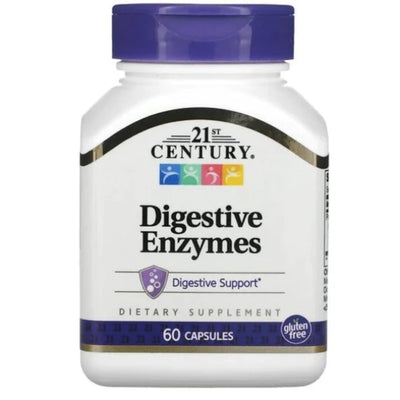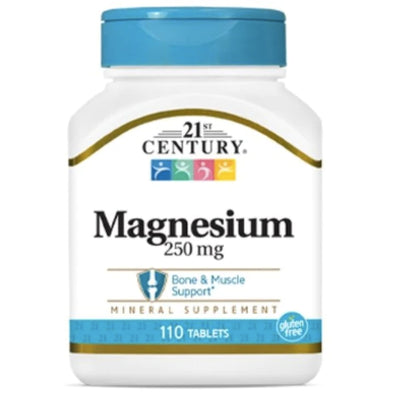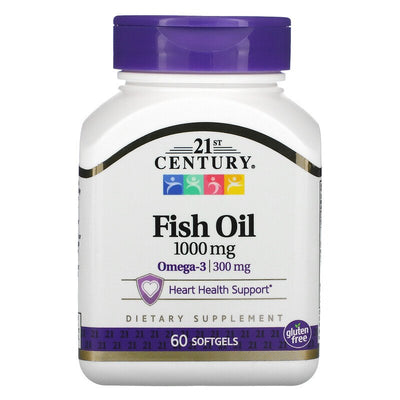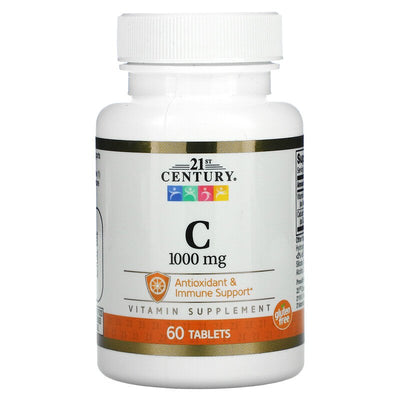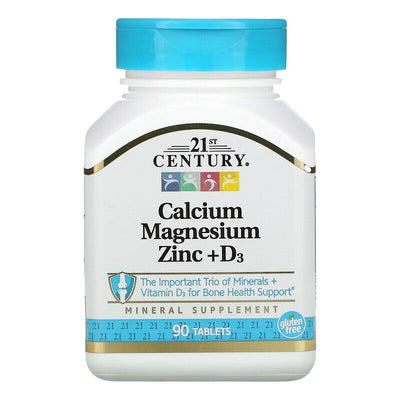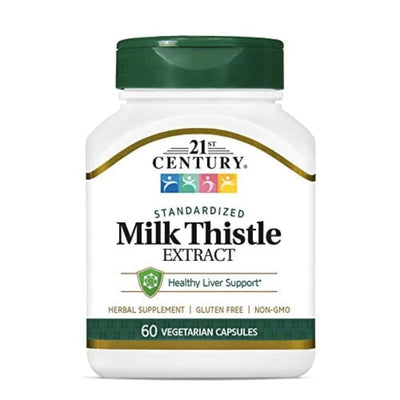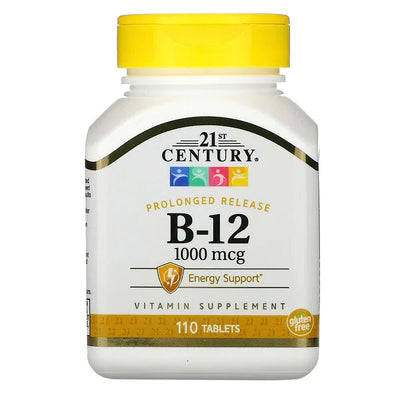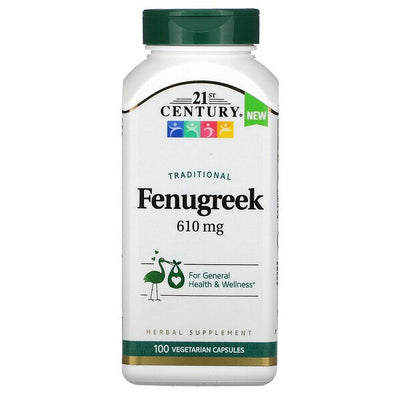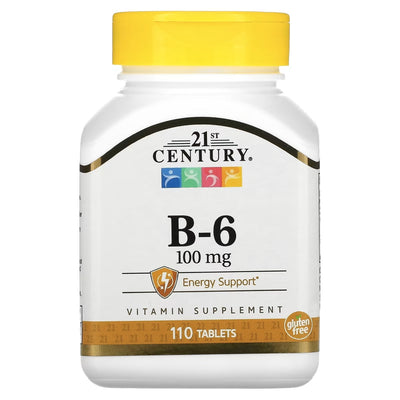
Creatine and Mental Performance: Boosting Cognitive Function
Understanding Creatine’s Role in the Brain
Creatine is naturally produced in the body and found in various foods, primarily meats. In the brain, just like in muscles, creatine plays a crucial role in energy metabolism. It helps maintain levels of adenosine triphosphate (ATP), the molecule that fuels cellular activities, including those in brain cells.
Enhancing Cognitive Function
Research suggests that creatine supplementation can lead to significant improvements in areas such as:
- Memory and Recall: Studies have shown that creatine can enhance both short-term and long-term memory. This is particularly evident in challenging mental tasks and situations requiring rapid problem-solving.
- Increased Mental Energy: By improving ATP availability in the brain, creatine can help sustain mental energy, reducing feelings of fatigue and supporting sustained cognitive performance, especially during demanding tasks.
- Enhanced Alertness and Concentration: Supplementing with creatine has been linked to improved focus and concentration, which is beneficial not only for athletic performance but also for academic and professional activities that require prolonged mental effort.
Creatine and Neuroprotection
In addition to boosting cognitive function, creatine provides neuroprotective benefits. It has been studied for its potential to:
- Delay Neurodegeneration: There is emerging evidence that creatine may help in slowing down the progression of some neurodegenerative diseases, such as Parkinson's and Huntington's disease, by preserving neuronal integrity and function.
- Reduce the Impact of Brain Injury: Creatine can also play a role in brain recovery processes following injuries. It helps in maintaining cellular energy levels, which is crucial during the recovery phase after a traumatic brain injury.
How to Supplement with Creatine for Cognitive Benefits
For those looking to enhance mental performance through creatine supplementation, consider the following tips:
- Dosage: Typical creatine supplementation protocols start with a loading phase of 20 grams per day, divided into four 5-gram servings, followed by a maintenance phase of 3-5 grams daily. However, for cognitive benefits alone, lower doses (around 3-5 grams daily) may suffice.
- Consistency: Regular daily intake is crucial to maintain elevated creatine levels in the brain.
- Pairing with Other Nutrients: Combining creatine with other brain-supporting nutrients like omega-3 fatty acids and antioxidants may enhance cognitive benefits.
Availability
Creatine supplements are widely available and can be easily purchased from health stores and online platforms like Supps247, where a variety of creatine products are offered to meet different dietary and health needs.
Conclusion
Creatine is a versatile supplement that supports more than just physical endurance and muscle recovery; it also enhances mental performance and brain health. Whether you're a student, professional, or athlete, incorporating creatine into your daily regimen can provide a mental edge and contribute to long-term neurological health. Always consult with a healthcare provider before starting any new supplement regimen, especially if you have underlying health conditions.







